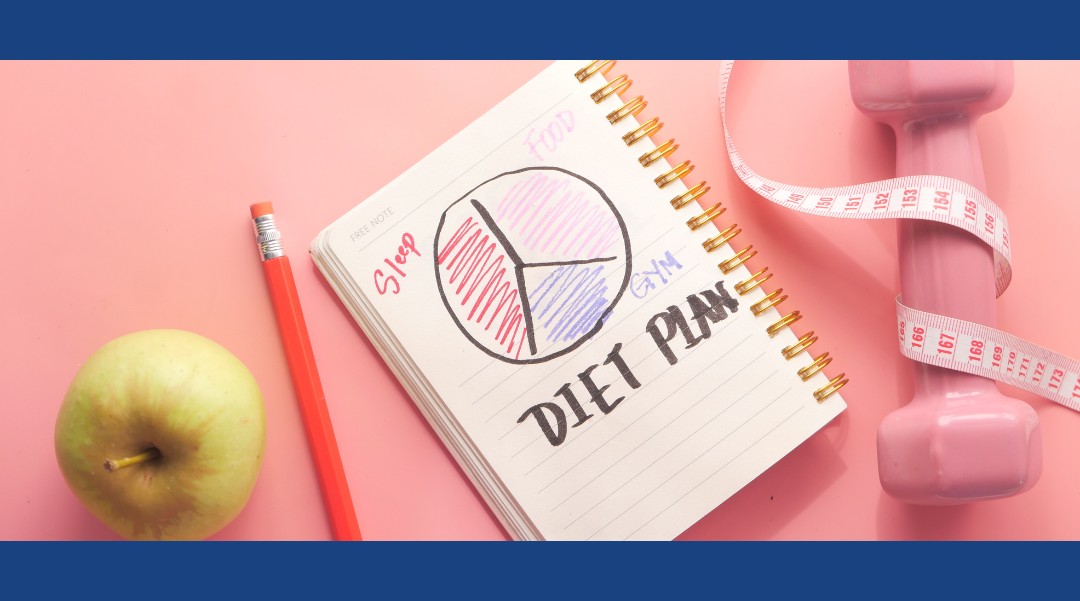- PERTH SURGICAL & BARIATRICS
-
08 65581901
When you’re at your lowest point emotionally, you’re usually driven to crave food the most & start the process called Emotional eating. A person may eat for comfort consciously or unconsciously when standing up to a difficult problem, feeling stressed, or even feeling bored.
You can sabotage your weight-loss efforts if you eat emotionally. It often leads to overeating, particularly of sweet and fatty foods that are high in calories. Fortunately, if you can’t control your eating habits due to emotional reasons, you can take steps to regain control and lose weight again.
A person who uses food to suppress or soothe negative emotions, such as stress, anger, fear, boredom, sadness, or loneliness, is considered to be emotional eating. Events in your life or, more commonly, the hassles of everyday life can trigger negative emotions, which can lead to emotional eating and interfere with your weight loss efforts. Among these triggers are:
Despite some people eating less in the face of strong emotions, if you’re emotionally distressed you may resort to impulsive or binge eating, eating whatever is convenient without enjoying yourself.
When you’re angry or stressed, you might reach for a snack without even thinking about what you’re doing.
Food can also be a distraction. You may enjoy comfort food instead of dealing with a painful situation if you’re worried about an upcoming event or stewing over a conflict, for instance.
Overeating is often the result of whatever emotion motivates you. After the temporary effect wears off, the emotions return, and you then have to deal with the guilt of not meeting your weight-loss goal. Taking your emotions into account can lead to a dangerous cycle – you overeat because of your emotions, you feel bad because you strayed away from your weight-loss schedule, and you overeat again.
You can control cravings when negative emotions trigger emotional eating. Try these tips to stop emotional eating:
A mental health professional may be able to help you if you’ve tried self-help but still can’t control emotional eating. Psychotherapy may help you learn how to cope with your emotional eating. Emotional eating can also be connected to eating disorders, which can be detected through therapy. You can also consult with a dietitian at Perth Surgical & Bariatrics.

April 14 , 2024 | 5 Minutes to Read
Post Gastric Bypass Surgery Diet - FAQs Gastric bypass surgery is currently the “gold standard” among all bariatric procedures. Many people who undergo gastric bypass record significant improvements in their…

April 13 , 2024 | 4 Minutes to Read
Obesity is a growing concern across the world, but the situation is more acute in Australia, with a staggering 62.8% in 2011–12 to 65.8% in 2022 of adults being either overweight…

April 12 , 2024 | 3 Minutes to Read
Healthy Foods that are not Healthy After Bariatric Surgery Whether you have undergone SIPS surgery, gastric bypass, or any other weight loss surgery, your post operative diet largely determines how…